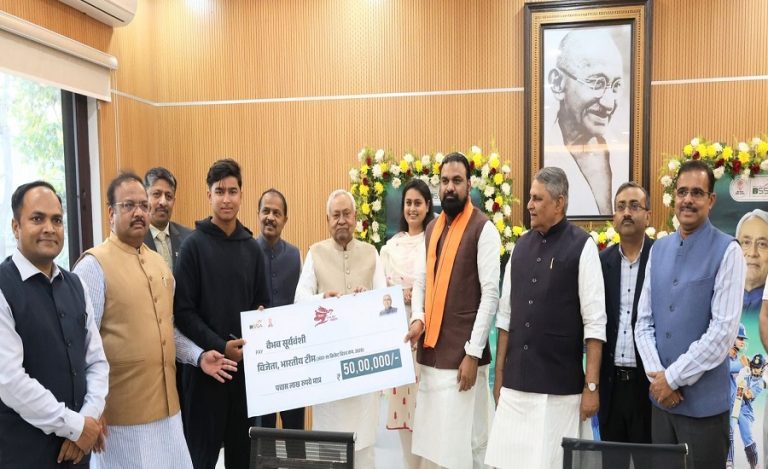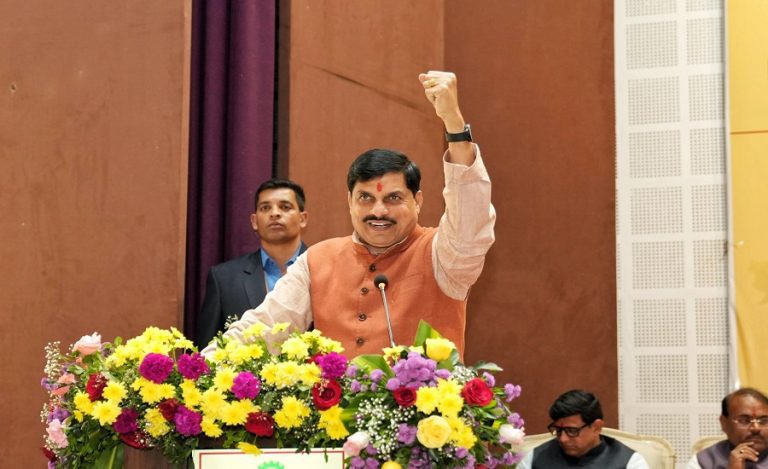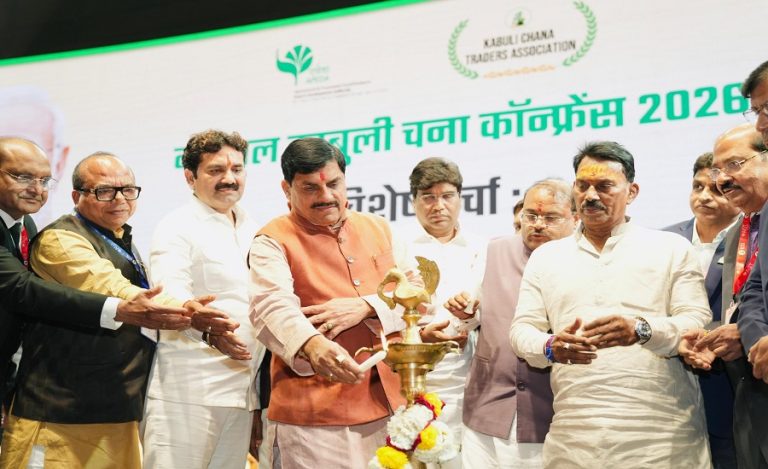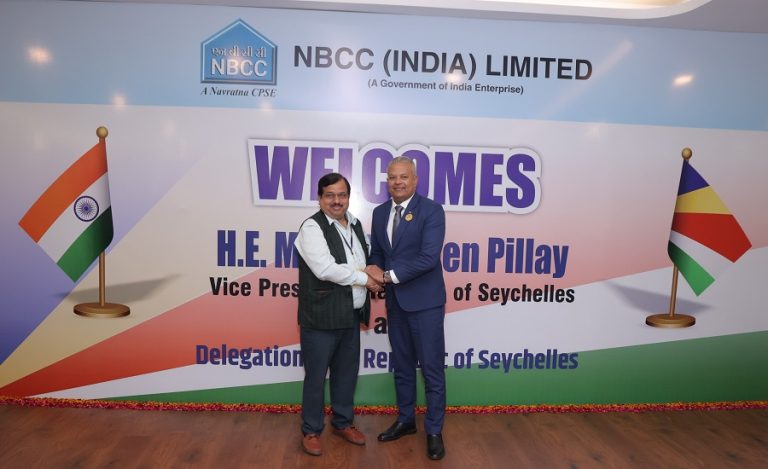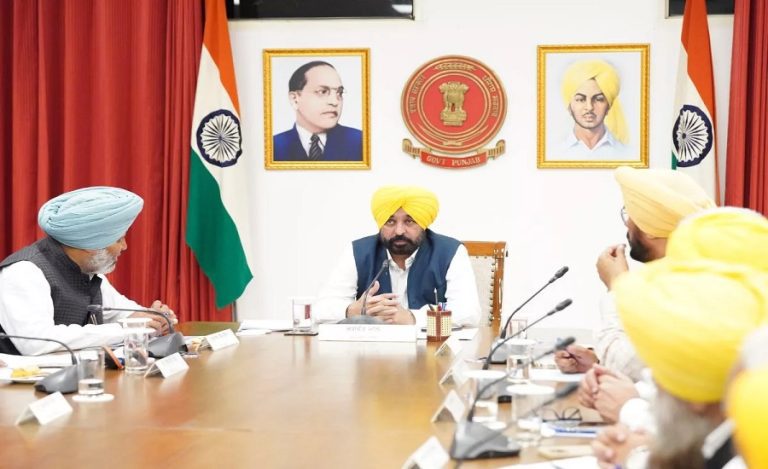Lucknow: In a major step toward modernizing governance, the Uttar Pradesh Social Welfare Department is training its officers and staff through the iGOT Karmayogi digital platform, strengthening their digital capabilities and administrative efficiency. The initiative is part of Prime Minister Narendra Modi’s Mission Karmayogi, which aims to make government services more efficient, transparent, and citizen-centric.
UP Minister of State (Independent Charge) for Social Welfare, Aseem Arun, said, “Mission Karmayogi reflects the shared vision of Prime Minister Narendra Modi and Chief Minister Yogi Adityanath. Our goal is to make government services more transparent and effective. By equipping officers and employees with digital skills, the Social Welfare Department is ensuring that citizens receive benefits from government schemes quickly and efficiently. This is the foundation of good governance under the Yogi Government.”
Training Progress and Impact
According to departmental data released in September 2025:
- 3,900 officers, regular and contractual employees, and teachers have registered on the iGOT Karmayogi portal.
- Together, they have completed 21,150 online courses, totaling 15,893 hours of digital training.
Among them:
- 2,759 employees have completed at least one course,
- 2,289 employees have completed three or more courses,
- 1,611 employees have completed fewer than three courses,
The initiative is part of the UP government’s good governance model, which aims to make every government employee skilled, accountable, and transparent, ushering in a new era of digital governance in the state.
Read also: CM Yogi Adityanath Approves Five-Fold Hike in Financial Powers of PWD Officers in Uttar Pradesh
Focus Areas of Training
The courses under Mission Karmayogi cover a broad range of topics to improve administrative and technological skills:
- Workplace wellness: Yoga breaks to promote stress-free working conditions.
- Women’s safety: POSH Act 2013 to ensure safe workplaces.
- Technological proficiency: Basics of artificial intelligence, GeM procurement process, and digital tools for governance.
- Transparency and accountability: Right to Information (RTI) Act, National Education Policy 2020, and other courses reinforcing ethical and effective administration.
Officials emphasized that this digital capacity-building initiative not only enhances employee skills but also ensures that citizens receive faster, more transparent, and effective services from government departments.
Moving Toward a Digital-First Governance Model
With Mission Karmayogi, the Uttar Pradesh government is creating a digitally proficient workforce capable of handling modern administrative challenges. By integrating technology, transparency, and accountability into day-to-day governance, the state aims to set a benchmark for efficient and citizen-friendly government services in India.
Aseem Arun concluded, “Efficiency improves the quality of service. When officers are digitally skilled, governance becomes more effective, transparent, and accountable, directly benefiting the public.”



